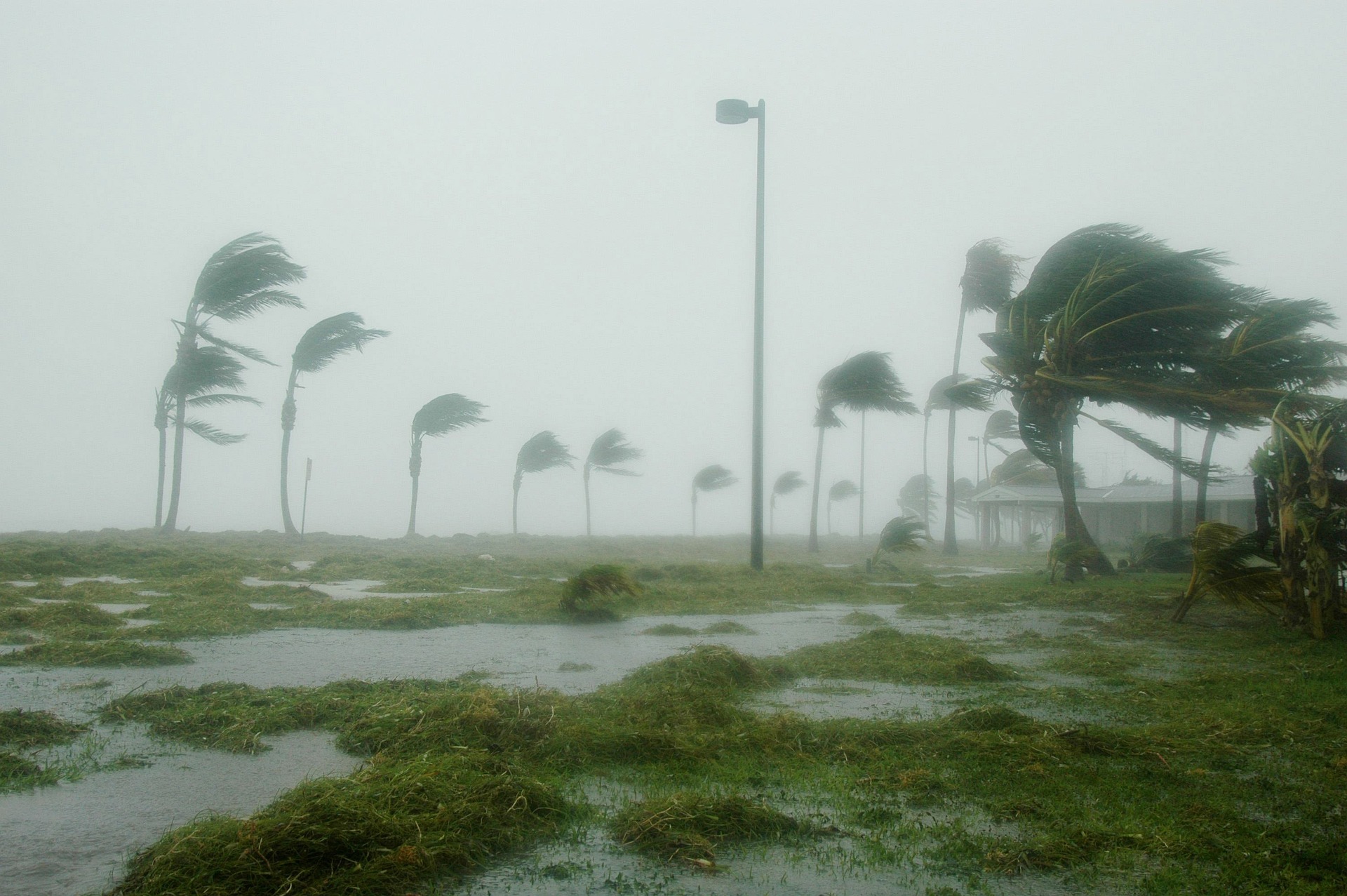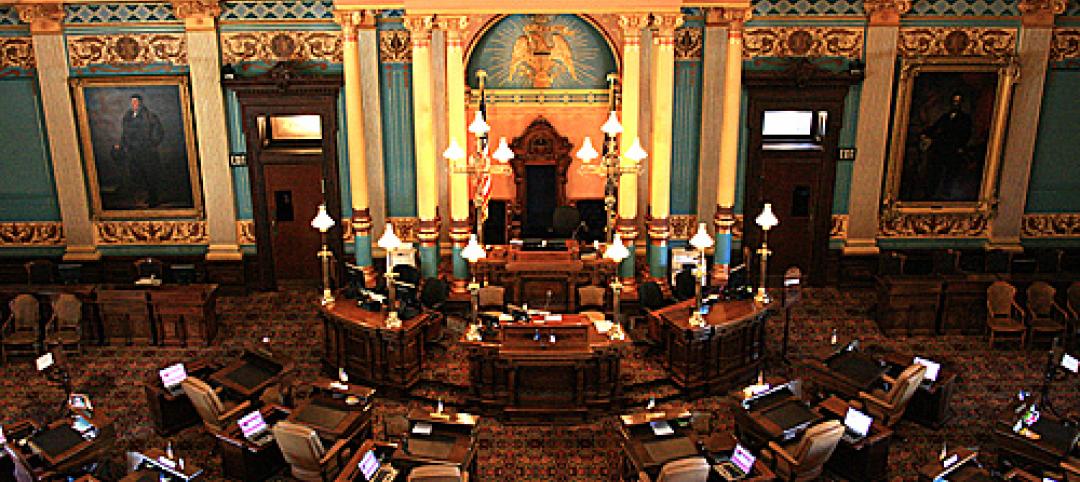The North Carolina Legislature’s rejection of building code updates likely worsened the damage caused by Hurricane Helene, code experts say.
Over the past 15 years, lawmakers rejected limits on construction on steep slopes, which might have reduced the number of homes destroyed by landslides. The legislature also blocked a rule requiring homes to be elevated above the height of an expected flood and weakened protections for wetlands that help the environment absorb stormwater runoff.
Lawmakers have slowed building code updates, making it harder for the state to qualify for federal climate-resilience grants. In 2013, the legislature changed how often North Carolina would update its codes to every six years from every three.
The change proved important. In 2015, the International Code Council added a requirement that new homes in flood zones be built at least one foot above the projected height of a major flood. Instead of adopting that mandate statewide, the legislature left it up to local officials to decide whether to adopt it in their community.
Related Stories
| Jun 14, 2012
AGC, other business groups oppose hiring rules for disabled
Business groups have asked the U.S. Department of Labor to reconsider a proposed hiring quota aimed at federal contractors pertaining to people with disabilities.
| Jun 5, 2012
HP Labs aims for net-zero energy data centers
Building sustainable data centers is one of the goals of HP Labs, and it believes technology, combined with the right building techniques, could result in the construction of energy-efficient data centers.
| Jun 5, 2012
USGBC delays LEED 2012; renames it LEED v4
In response to concerns by LEED users, the U.S. Green Building Council (USGBC) announced that it will delay the ballot on LEED 2012 until June 1, 2013.
| Jun 5, 2012
Baltimore officials vow to block $1.8 billion urban renewal project
Baltimore officials want to block a $1.8 billion urban renewal project until more neighborhood residents and minority contractors are hired and displaced residents can benefit from the revitalization.
| Jun 5, 2012
OSHA launches campaign to warn of heat dangers in outdoor work
The Occupational Safety and Health Administration has begun a campaign to warn outdoor workers about the dangers of heat exposure.
| Jun 5, 2012
AGC’s Safety and Health Conference focuses on regulations, legislation
More than 150 industry professionals and other attendees will participate in the Associated General Contractors of America’s (AGC’s) safety and health conference July 11-13 in Washington, D.C.
| Jun 1, 2012
New BD+C University Course on Insulated Metal Panels available
By completing this course, you earn 1.0 HSW/SD AIA Learning Units.
| May 31, 2012
Proposed change in Michigan’s building code would hurt innovation, say critics
Legislation pending before the Michigan Senate would change the law that calls for building codes to be updated every three years to require an update only every six years.















